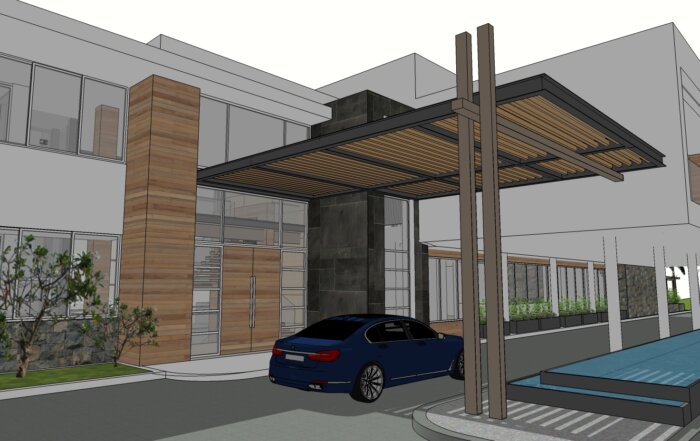What Is Sliding Doors

What are the different types of sliding doors?
The main types of sliding doors include patio sliding doors, exterior sliding doors, interior sliding doors, glass sliding doors, wooden sliding doors, aluminum sliding doors, frameless sliding doors, pocket sliding doors (disappearing into the wall), bypass sliding doors (overlapping panels), and barn sliding doors (rustic style).

What are the advantages of installing sliding doors?
Sliding doors offer several advantages, such as space-saving design, seamless indoor-outdoor living, enhanced natural light, improved ventilation, energy efficiency (with insulated and weather-resistant options), security features, aesthetic appeal, and the ability to customize according to your preferences. They can also increase property value and provide a modern, stylish look to your home or business.
How do I choose the right sliding door for my application?
Choosing the appropriate sliding door involves considering factors such as the desired door size, material (glass, wood, aluminum), style, finish, energy efficiency requirements, security needs, accessibility considerations, fire and smoke rating compliance, and environmental conditions (interior or exterior). Consulting with sliding door manufacturers or experienced contractors is recommended for proper selection and sizing.
How do I properly maintain and care for sliding doors?
Proper maintenance is crucial for the longevity and smooth operation of sliding doors. Regular cleaning of the door panels, tracks, and hardware is essential, along with lubricating the rollers and adjusting the door alignment as needed. Inspecting and replacing weatherstripping, gaskets, and seals can help maintain energy efficiency and prevent air/water infiltration. Following the manufacturer’s recommended maintenance schedule is also advisable.


Can sliding doors enhance home security and safety?
What are the energy efficiency benefits of sliding doors?









